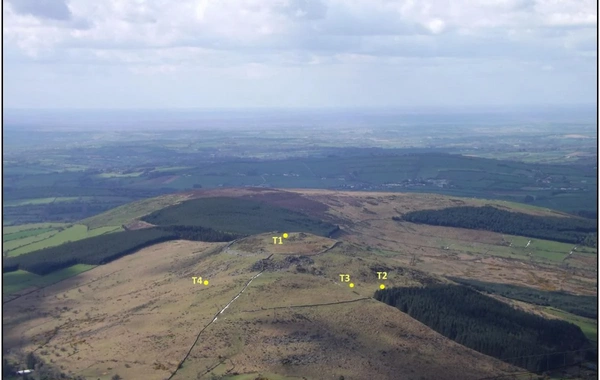Henipavirus detected in the United States for the first time

Scientists from the University of Queensland have discovered a new type of henipavirus in shrews in Alabama, named the Camp Hill virus.
"RNA analysis of tissues from four captured northern short-tailed shrews in Alabama revealed a new henipavirus," states the article. "The research results indicate the presence of henipavirus infections in North America," notes the article in Emerging Infectious Diseases journal.
In a comment to The Microbiologist electronic journal, one of the study's authors, Rhys Parry, said that "the discovery of henipavirus in North America is extremely important, as it suggests that such viruses are more widely distributed around the world than previously thought." The scientist emphasized that additional research is needed to understand whether the virus can be transmitted from animals to humans. According to researchers, it is similar to the Langya virus discovered in China.
The disease caused by henipavirus can be asymptomatic or manifest as a severe respiratory infection with fatal outcomes. It is believed that bats are the natural reservoir of these two viruses in the wild.
Similar News
Pashinyan signed a roadmap with bishops for the improvement of the Armenian church
Armenian Prime Minister Nikol Pashinyan signed a so-called roadmap for the improvement of the Armenian Apostolic Church with 10 bishops, reports BAKU.WS citing...




 Azərbaycanca
Azərbaycanca  По-русски
По-русски  English
English 




